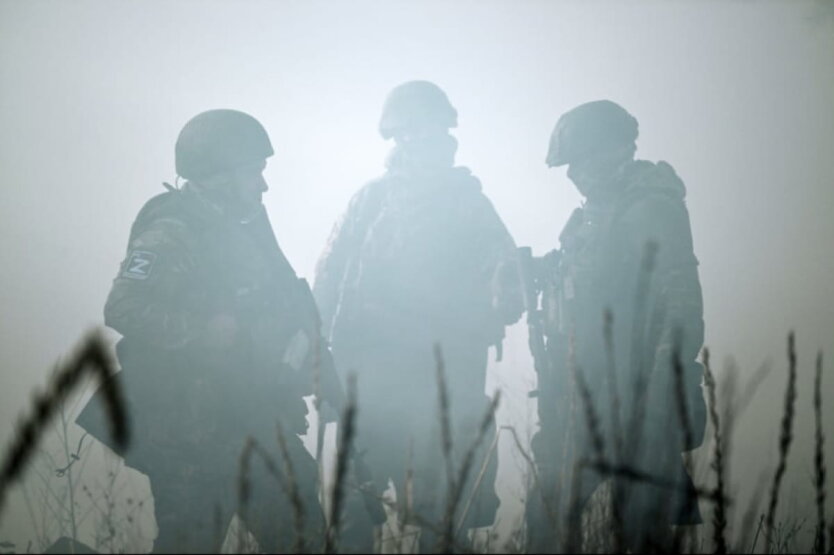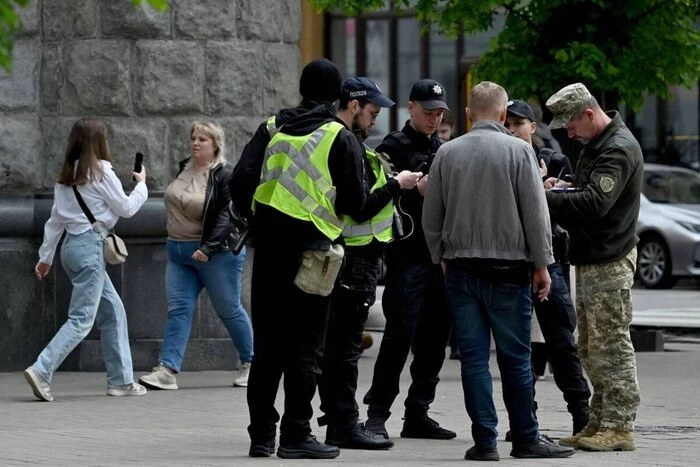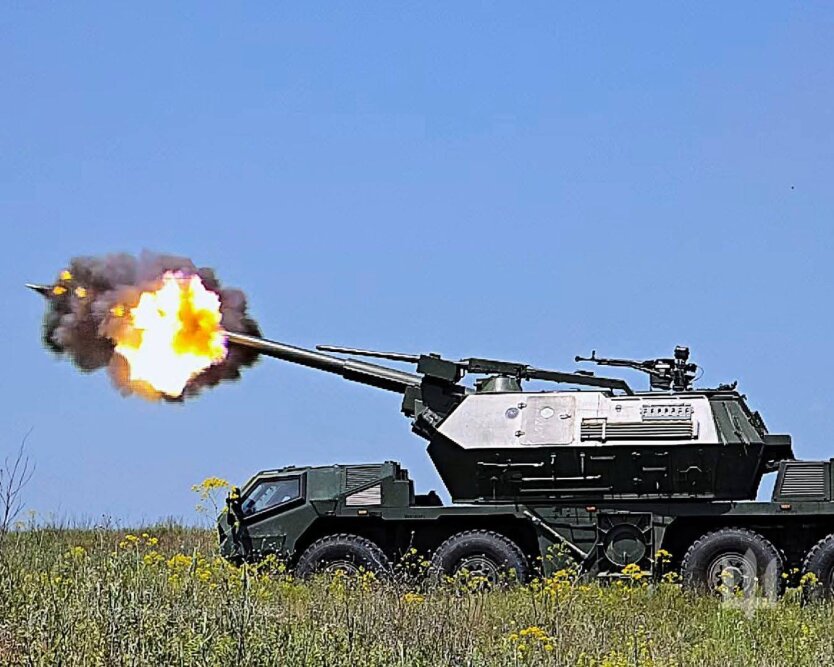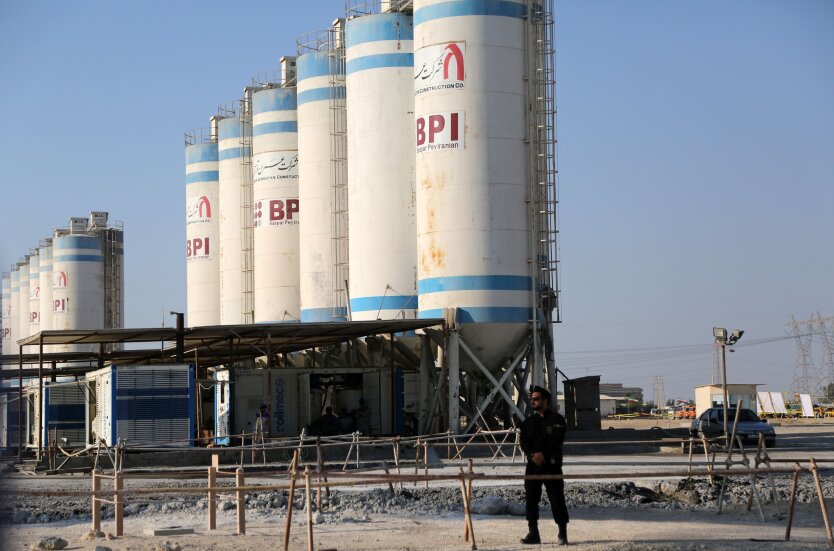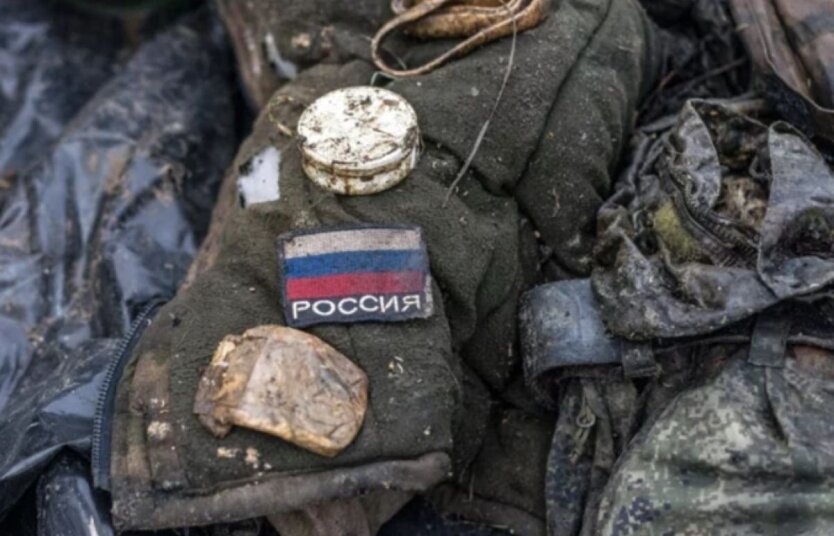Bauer announced a new role for NATO in coordinating assistance to Ukraine.

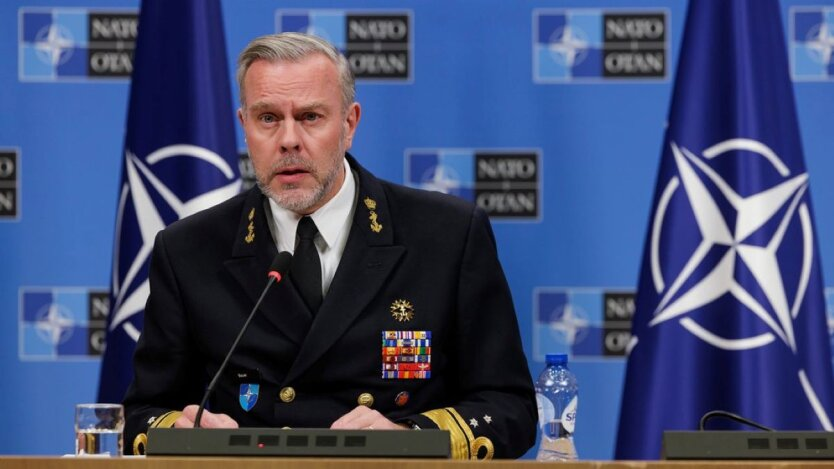
NATO assumes part of the responsibility for military assistance to Ukraine
The Chair of NATO's Military Committee, Admiral Rob Bauer, noted that NATO is taking on part of the responsibility for coordinating military assistance to Ukraine. Previously, this was done by the United States of America (USA).
'Following the framework agreement reached in Washington, some mechanisms that were previously organized by the USA are now being transferred under NATO’s control. SACU (Special Advisory Group on Ukraine) and IDCC (International Coordination Center) — this was a group of countries that assisted Ukraine. Now NATO takes on this responsibility. And the USA has agreed to this,' — said Bauer at a meeting of the Military Committee of the Chiefs of Defense in Brussels, reports Suspilne.
The Admiral emphasized that these changes are aimed at creating permanent mechanisms for assistance that will provide stability for Ukraine, regardless of changes in the political structure:
'For people like General Syrskyi, who directly oversees operations at the front, the war does not depend on what is happening in the White House or elsewhere. The war will continue on Monday. Therefore, continuous assistance for him is critically important,' – emphasized Bauer.
The Chair of the Military Committee emphasized that NATO must provide Ukraine with everything necessary to continue the fight.
'As the Secretary General said, we must do everything to ensure that Ukraine has the strongest possible position at the moment when negotiations begin. Until then, our support must be as powerful as possible,' – he noted.
Read also
- Orks-once attack Siversk: military on the change of the enemy's assault tactics
- Do the Territorial Recruitment Centers Violate the Law? The Ground Forces Showed Statistics
- Ukrainian commander revealed details of the new strategy of the occupiers near Pokrovsk
- The IAEA made a disturbing forecast regarding uranium enrichment in Iran
- Russians are preparing for new provocations in sensitive areas - intelligence
- Russians are storming a key settlement in Zaporizhzhia - Defense Forces

